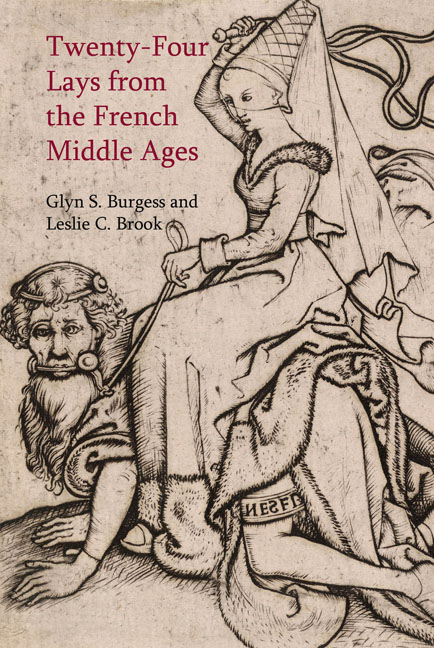12 - Aristote
from Fun and Games
Summary
Introduction
Aristote (Aristotle) is preserved in six manuscripts: (i) S; (ii) A: Paris, BNF, fr. 837; (iii) B: Paris, BNF, fr. 1593; (iv) D: Paris, BNF, 19152; (v) E: Paris, BNF, Bibliothèque de l'Arsenal 351; (vi) F: Saint-Omer, Bibliothèque Municipale 68. Our translation is based on S. MSS S and E fail to provide us with the name of an author, but the other four manuscripts give the author's name as Henris (v. 543 in the edition by Maurice Delbouille and v. 545 in that by Alain Corbellari). This Henri was long thought to be Henri d'Andeli, a native of Andelys in Normandy and the author of several other works that are usually described as dits (the Bataille des vins, the Dit du chancelier Philippe and the Bataille des sept arts). However, more recent research, especially that of Corbellari and François Zufferey, has led to the suggestion that the author concerned is Henri de Valenciennes, a cleric or professional writer who was attached to the court of Count Baldwin IX of Flanders and VI of Hainaut. This Henri wrote the Vie de saint Jean l'Évangéliste and the Jugement de Nostre Seigneur. A comparative analysis of the language, style and rhymes of the three dits plus the lay of Aristote and the known works of Henri de Valenciennes strongly suggests that the lay was not composed by Henri d'Andeli.
The tale tells of the fate of the famous philosopher Aristotle, who tries to interfere in the love life of his equally famous master, King Alexander the Great. The king has conquered Greater India, but instead of relaxing in the company of his men, and preparing for future military endeavours, he is in thrall to a maiden with whom he has become infatuated. His men begin to grumble about this behind his back and their complaints come to the ears of his tutor Aristotle. Thinking he should intervene, Aristotle argues that it is wrong to forsake one's companions in favour of a single woman, and a foreigner at that. Alexander responds by praising the notion of commitment to one woman and by claiming that those who reprimand him lack love within themselves.
- Type
- Chapter
- Information
- Twenty-Four Lays from the French Middle Ages , pp. 130 - 140Publisher: Liverpool University PressPrint publication year: 2016



